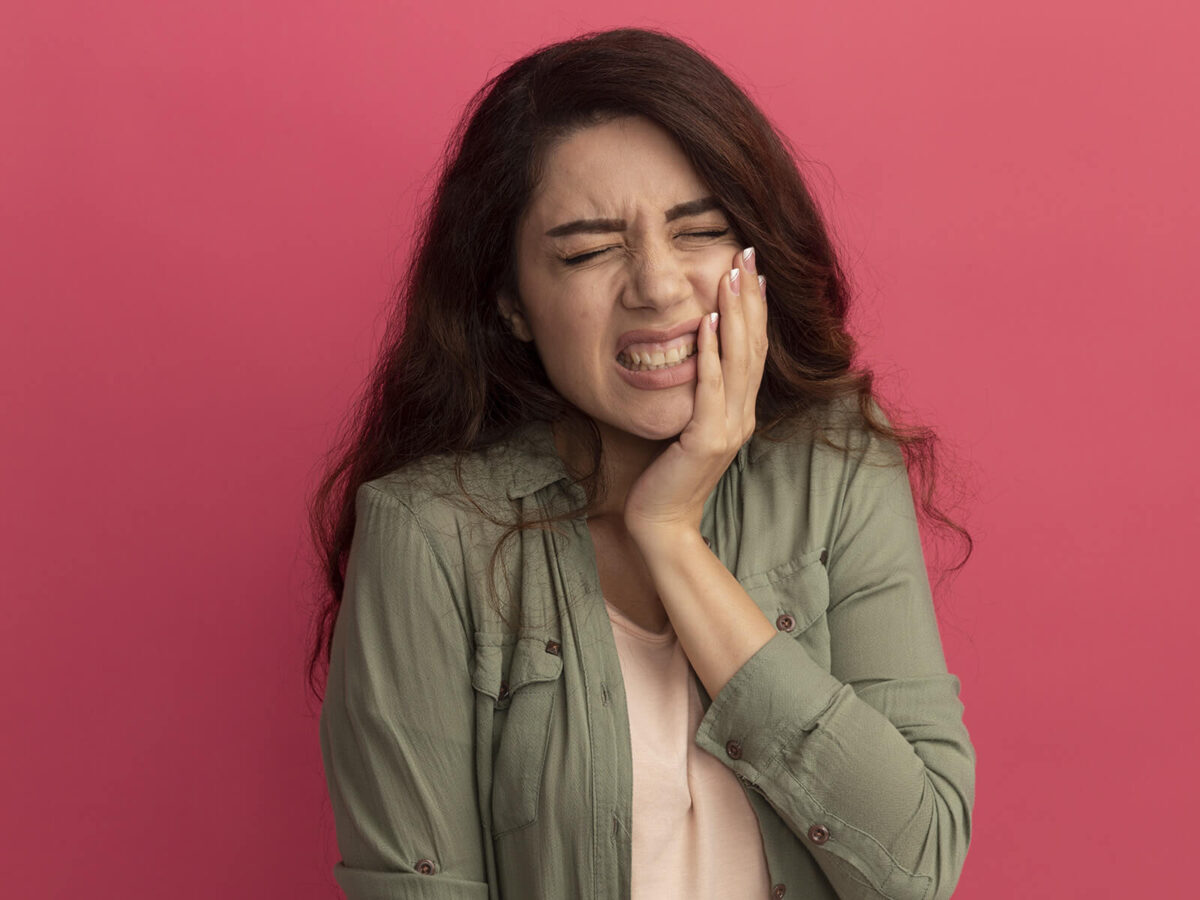Blog
Dental hygiene tips for healthy teeth & gums

Common Causes For Throbbing Tooth And Tooth Pain
Toothaches always have a way of making people uncomfortable, and many consider it the worst when it comes to throbbing toothache. Such pain should be taken seriously, as it is an indication of a dental-related problem that needs the attention of a dentist. The knowledge of the general symptoms of a throbbing tooth and tooth pain will assist you in receiving the correct care and prevent the issue from worsening. In this article, the possible causes of this throbbing tooth pain are discussed, as well as steps you can take to fight this.
Reasons Why You Have a Throbbing Toothache
Tooth Decay
Cavities are a major cause of sharp-shooting pains and toothaches accompanied by throbbing pain. Bacteria in the mouth are responsible for developing cavities, which are created by acids that dissolve the enamel. If not treated, these cavities can extend to the deeper layers of the teeth, leading to inflammation and pain.
Dental Abscess
A dental abscess is a serious infection that takes place at the root of a tooth or between the gum and a tooth. It mostly arises from root canal disease, fractured teeth, or periodontal diseases, especially if not treated. It is characterized by severe, throbbing pain, swelling, and sometimes, high fever. Intensive care, in this case, is very important in order to avoid the spread of the infection.
Gum Disease
Periodontal disease, also known as gum disease, can cause extreme throbbing toothaches. In the initial stages, gum disease results in inflammation and reddening of the gums. If it continues, it erodes the tooth socket and the tissues supporting the teeth, which may cause pain, mobility, and, eventually, the loss of the affected tooth.
Tooth Fracture
A cracked or even a fractured tooth would be a nightmare, especially if the crack were to expose the dental pulp containing nerves and blood vessels. Sometimes, it can be severe, stabbing pain combined with throbbing and is usually intensified by biting or chewing.
Tooth Sensitivity
Tooth sensitivity is mainly experienced when the protective layer known as enamel gets worn out resulting in the exposure of the dentine layer or when the gums pull back to expose the root ends. As a result, a person feels pain throbbing, especially when eating hot or cold meals and beverages or even sweet items.
Dental Procedures
There might also be throbbing tooth pain for a few hours or the entire day after visiting the dentist for fillings, crowning, or root canal treatments. This soreness is normally felt when the tooth is healing, but if the feeling continues, you should see your dentist.
Sinus Infection
A sinus infection may result in referred pain to the upper teeth because the sinus cavities are near the upper molars. This may result in a pulsating toothache when bending over or lying down.
When to Seek Help
Persistent Pain
If you observe that you are experiencing a consistent throbbing toothache, then it is high time you visit your dentist. When the condition is detected and treated early enough, one can avoid developing new issues and get alleviation from pain.
Accompanying Symptoms
You should see a dentist as soon as possible if the tooth pain is severe and combined with swelling, fever, a bad taste in the mouth, or if it is difficult to open the mouth. Such symptoms may point to a severe infection that would necessitate immediate treatment.
Treatment Options
Professional Dental Care
To establish the root of your throbbing tooth pain, your dentist will examine you. This may require the use of an X-ray to determine the health of the affected tooth or the presence of any other complicating factors. Depending on the diagnosis, treatment may include:
- Fillings for cavities
- Root Canal for infected or heavily filled teeth
- Antibiotics for infections
- Periodontal treatment.
- Crowning of the broken teeth
At-Home Relief
While awaiting your dental appointment, you can manage your pain with these at-home remedies:
- Over-the-counter pain relievers: It helps to take Ibuprofen or Acetaminophen to manage the pain and inflammation.
- Cold compress: Use an ice pack and gently apply it to the affected area for 15-20 minutes to decrease the swelling and the sensation of pain.
- Saltwater rinse: Gently rinsing with warm salt water has anti-inflammatory properties and also helps wash the affected area.
Conclusion
Toothache, particularly one that throbs should never be taken lightly. Knowing the possible reasons for this uneasiness will assist you in dealing with the condition effectively. It can be caused by cavities, the presence of an abscess, or gum disease, among other illnesses.
Seeking the services of a dentist is the best way to have the correct diagnosis and treatment. It is recommended that whenever one experiences a throbbing toothache, they should consult the dentist to maintain oral hygiene and manage the pain.


